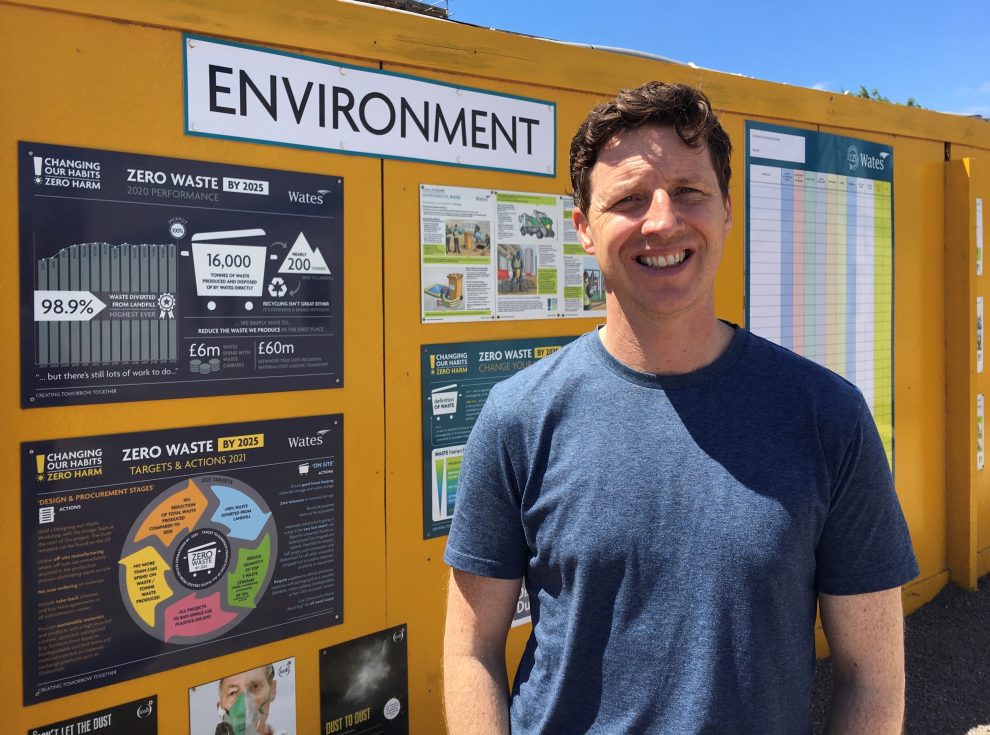REACHING net zero by 2030 will be an impossible task for Cardiff Council to achieve, according to a cabinet member and council official.
The local authority’s cabinet member for climate change, Cllr Caro Wild, and its head of climate emergency response, Gareth Harcombe, presented an annual review of One Planet Cardiff to members of a scrutiny committee on Thursday, March 14.
One Planet Cardiff is Cardiff Council’s strategy to achieve net zero in its day-to-day operations by 2030 and develop a pathway towards making the city carbon zero by 2030.
Member’s of Cardiff Council’s environmental scrutiny committee were told that transport and domestic emissions are the biggest issues to tackle in the city and that cost is a major barrier in reaching net zero.
Cllr Wild said: “Reaching net zero as a council by 2030 will be impossible as it stands simply because of the amount of money it is going to cost.
“What we are trying to do now… is to try and look further into the levels of investment needed.”
The council is proposing to undertake a ‘green paper’ review, which would involve consultation with members of the public and look at what funding and partnerships are needed for the council and city to achieve net zero.
It would also look at renewable energy opportunities in Cardiff Council’s estate and options for different investment models for green energy transition.
Council officer Mr Harcombe said “by far the biggest cause” of carbon emissions in the council’s own operations arises from procurement.
This, added the council official, includes what the council buys and what it sells. It accounted for 4.3kg of carbon dioxide output from 2019-20 to 2022-23.
That added to the council’s overall carbon output over the years amounted to a “fairly modest change”, according to Mr Harcombe.
He added that the rate of reduction is “really not fast enough to reach [net zero by] 2030.”
However Mr Harcombe pointed to some highlights from 2022-23 that his team are proud of so far including:
- Progress on the Cardiff Heat Network – a network of piping that transports heat from the incinerator in Cardiff Bay to help heat public buildings in the city, which could be completed in the summer
- Lamby Way solar farm “performing above average”
- The construction of new and greener schools as part of the 21st Century Schools programme
- The construction of new energy efficient council homes and the retrofitting of existing council homes
- The roll out of 70 public electric vehicle (EV) chargers throughout the city and growing the council’s own EV fleet
- The growing of 50,000 trees as part of Coed Caerdydd since the beginning of the project in 2021
Statistics compiled by the department for energy security and net zero show that carbon emission output in Cardiff went from 1.8m tonnes in 2019 to 1.6m tonnes in 2022 and then up to 1.78m tonnes in 2023.
Mr Harcombe said: “That [is] the bounceback from Covid but you can see that the reduction is not at the pace that we need it to be.”
He added that although achieving the 2030 target is impossible as things stand the data the council now has on its own and the city’s emissions are valuable in informing the local authority’s strategy going forward.
“A lot of the early stages of the strategy were about planning and preparation,” said Mr Harcombe.
“And some of the things, like Coed Cymru, need time bedding in.”
He said other projects, like renewable energy schemes, have been more difficult to develop than what was originally hoped and that domestic retro-fit has been “very slow” across the UK.
National Grid decarbonisation that the city needs to achieve some of its goals is also “potentially slowing down”, according to Mr Harcombe, and not forecast “in the way that we are”.
Commenting further on the 2030 target he said: “It has been extremely useful in putting this [report] on the table, in shifting the focus… [and] kick starting some momentum towards it.
“There are good things that can come out of this.”


















